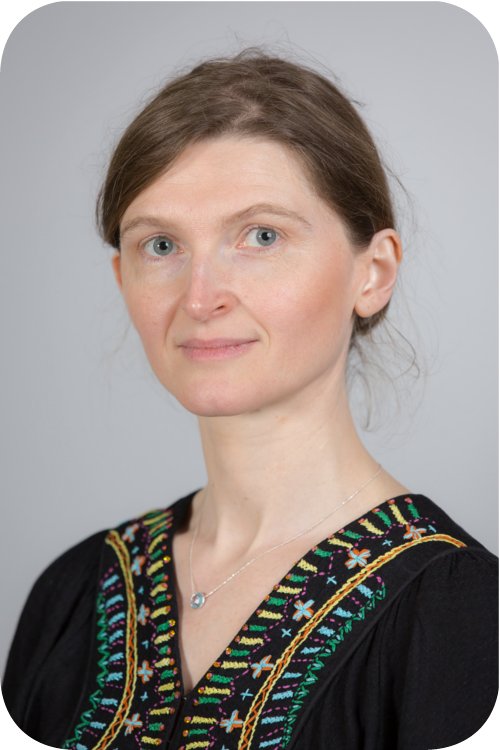
Magali Svrcek
© ECCO
|
Immune checkpoints (ICK) are downregulators of T cell immunity. Immune checkpoint inhibitors (ICKi), by blocking the co-inhibitory receptors on T cells to activate their cytotoxic immune function, have become a major therapeutic tool in oncology, notably for the treatment of metastatic melanoma, non-small cell lung carcinoma, renal cell carcinoma, urothelial carcinoma and mismatch repair (MMR) deficient/microsatellite-unstable tumours. In particular, therapeutic monoclonal antibodies have emerged against cytotoxic T-lymphocyte-associated antigen 4 (CTLA-4), which primarily inhibits T cell activation, and programmed cell death 1 (PD-1), which limits the effector function of activated T cells in the periphery. Food and Drug Administration-approved ICKi include ipilimumab (CTLA-4 inhibitor), pembrolizumab and nivolumab (anti-PD-1) and atezolizumab (anti-PD-L1).